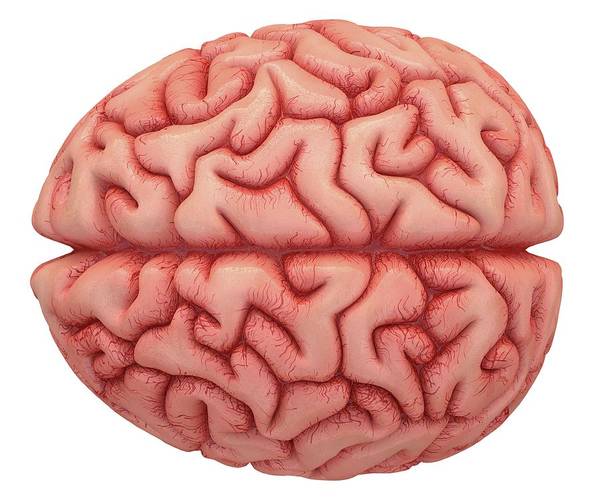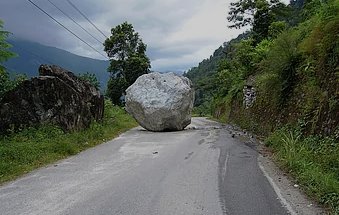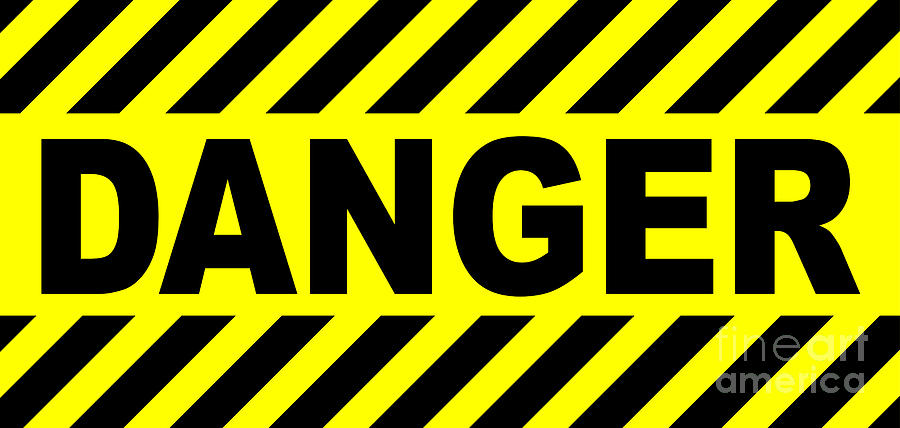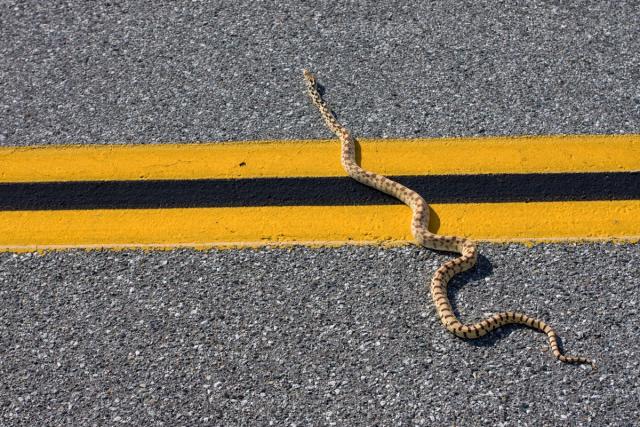How can that possibly be an important thing to do when it’s so scary?
Trauma involves danger. Trauma happens in the context of danger, and the result is often maladaptive processing of information. When we are in a time of danger, our brain doesn’t fully function, our frontal lobe thinking is shut off so that we can use the mammalian brain to simply respond. This is an effective way for us to respond quickly when there isn’t time to think too much. After the danger is over, we need to go and process what happened, and then use our full brain to make sense of what happened, like doing an analysis or biopsy of what happened, so that we can organize it, learn from it, and make accurate meaning from the event. If we don’t do this, then we come away from this incident with the wrong kind of information, that then can put us on a trajectory for how we live out our life.


You are going to find a way to make meaning about what happened, and you could easily make inaccurate meaning. This happens particularly to children, who don’t have the ability to think abstractly yet.
So, with trauma, very often there is either too much irrelevant information taken from the incident, or too much relevant information is lost. And this will lead to unresolved trauma. This means that the trauma will continue to affect the way that you do life. This lack of resolution increases the risk for psychopathology and means that the threatening event has not been integrated. Imagine that you are walking down a road that is long and straight and can get you to a lovely destination
But there was a rock fall, and now there is a large rock in the middle of the path. Now when you walk down the road, you get to the rock, and then veer off to avoid it. You end up walking on a different trajectory. If you don’t ever go back and take the rock away or carve a path around it to meet the original path, you will continue to veer off each time, and your pathway in life will land you in a different place than you were headed in before. Not taking that rock away or figuring out a way to move around it, will then create more opportunity for danger in the future.



Because you haven’t learnt as much as you can from what happened before. You don’t have the added skills from having to move that rock away, haven’t learnt to uncover your original path, or had to work your way back to it. There is learning that you are losing out on. Now you might be so scared of any rocks, that as you’re walking down the road, you are constantly scanning for rocks, and you’re scanning so hard for them that you end up missing the snake lying in the road right in front of you.
Resolution from trauma means going back and looking for identifying signals of danger and learning self-protective responses. What did I miss, what signs were there that I wasn’t aware of before, what can I look out for now in the future. How can I prepare myself for future risks and potential danger. What skills can I learn to be in a better position is this happens again. Knowing what to look out for, and having the skills to potentially deal with it, will help us feel more relaxed and confident, and when we approach our road in this way, we are more likely to see the array of signals in front of us because our whole brain is online.

